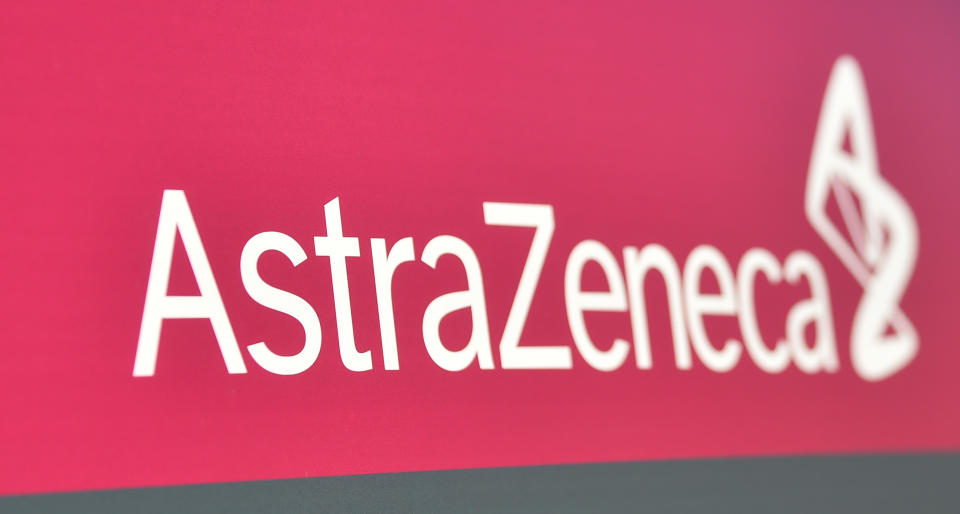AstraZeneca says its cancer drug doesn't help COVID-19 patients recover

AstraZeneca (AZN.L) said tests of its blood-cancer medicine Calquence have confirmed that it does not help patients hospitalised with respiratory symptoms related to COVID-19.
The company shared the news in a statement on Thursday.
The Calquence study is separate and unrelated to AstraZeneca’s COVID-19 vaccine candidate study that is under development with the University of Oxford.
With regards to the Calquence study’s results, the company said the drug “did not increase the proportion of patients who remained alive and free of respiratory failure.”
“Since the beginning of the year, AstraZeneca has been committed to doing everything we can to respond to COVID-19, including investigating existing medicines as potential treatments,” said José Baselga, executive vice president, oncology R&D at AstraZeneca.
“The CALAVI trials were launched based on preclinical and early clinical evidence that Calquence could decrease the hyperinflammatory immune response and improve clinical outcomes in patients hospitalised with respiratory symptoms of COVID-19. While the CALAVI results are disappointing, we remain committed to advancing science that helps patients during this unprecedented global pandemic, including clinical trials for the AstraZeneca Oxford coronavirus vaccine and our long-acting antibody combination.”
READ MORE: Markets pare gains as coronavirus vaccine euphoria wears off
Full details of the intermediate clinical trials will be presented in due course, the company said.
AstraZeneca’s study is just one of several focused on finding treatment options for COVID-19 sufferers.
The company added that the results from the CALAVI trials “do not impact approved indications or pending approvals for Calquence in patients with blood cancers.”
AstraZeneca senior executive team member Ruud Dobber said on Monday that he felt encouraged by “incredibly promising” COVID-19 vaccine trial data unveiled by its counterpart Pfizer (PFE) and its German partner BioNTech.
He also said he hoped the United States would “embrace innovation” under the next administration, as reported by Reuters.
The Pfizer-BioNTech experimental vaccine findings have shown more than 90% efficacy based on initial late-stage trial results.
WATCH: What does a Joe Biden presidency mean for the global economy?

 Yahoo Finance
Yahoo Finance 